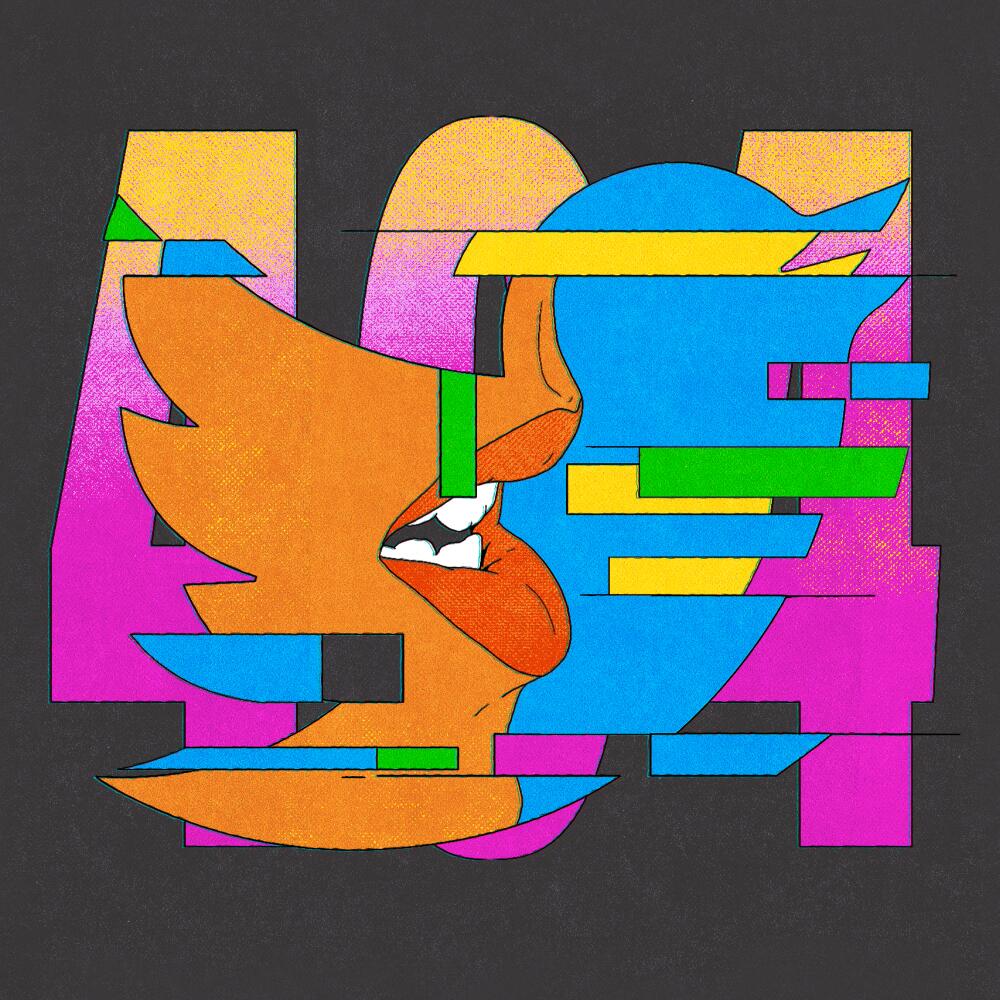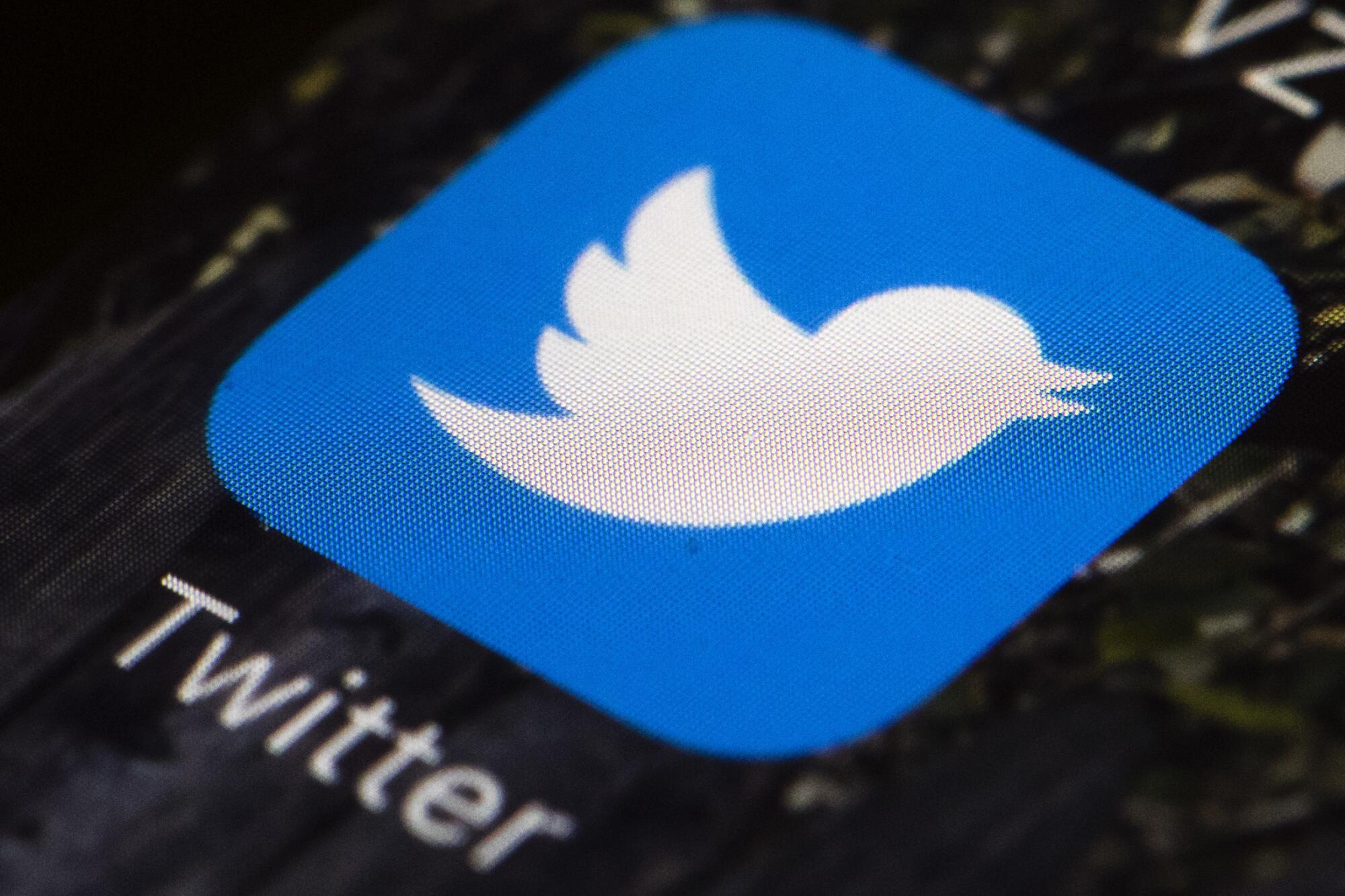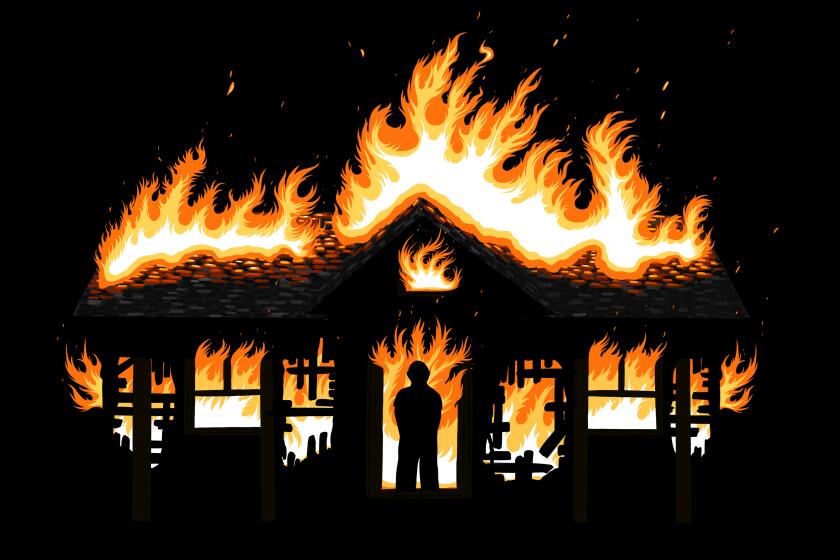
Latino Twitter is how I got my foot in the door as a writer. I was fresh out of college in 2013, working at a bookstore in Oklahoma City and desperate to get bylines of any kind so I could hopefully pursue a career in journalism. I had no idea where to start, no family connections to speak of and had little more to work with aside from Google Docs, coffee shop Wi-Fi and prayer.
One of those prayers, to my surprise, ended up being answered. It was a shot in the dark, but I created a Twitter account and pitched a story idea to Roque Planas, an editor at Huffington Post’s Latino Voices. He sent me his email address, and the rest is history. The point is, Twitter was one of the few rooms available to me where I could meet editors and writers in an industry that’s notoriously difficult to break into. With Twitter in its death throes, I worry about how the next generation of voices will find their open door.
Even before Elon Musk took over, before features started glitching and rate limits were randomly imposed, I was (and am) more than willing to admit Twitter had its flaws. The migration from intentional online communities, like forums and Facebook pages, to platforms like Twitter that put you in conversation with any number of strangers, is a social experiment, the outcome of which remains to be seen. There’s a strong case to be made that such apps are bad for you, that they create environments that make us more cynical, pettier and crueler.
Learning Spanish wasn’t part of a quest for identity. I was proud of this fact; that I was pursuing fluency on my own terms and not for cultural credibility.
But at the same time, it’s one of the few avenues where communities that have historically been excluded from industries like publishing, journalism and entertainment can come together and pool resources, offer advice, pass along job openings or find collaborators on their projects. In a grueling creative economy where Latinos are often excluded, we have to reckon with what it means to lose a platform that has acted as an equalizer of sorts, albeit imperfectly.
Some might accuse me of prematurely tolling Twitter’s death knell. But I would argue that since Musk’s takeover it’s already taken a turn for the worse, with its verification system in shambles and its CEO constantly promoting right-wing firebrands on the site. Politics aside, there are entire afternoons when the app flatly does not work, making it an unreliable tool for sharing articles or, really, information of any kind. Musk’s regular feuds with companies like Substack, resulting in a temporary ban on their links, don’t inspire confidence either.

And while every internet community will have its share of toxicity, Twitter has been a place where one can take in a broad spectrum of viewpoints on subjects like Latinidad. I can say that, for me, Latino Twitter has disrupted some of my misguided beliefs about identity and politics, as well as introduced me to information I would have never found on my own otherwise. Despite its flaws, and at its best, it’s a living, breathing thing that makes us more curious, asks us to be better listeners and puts us in contact with some great people.
That’s being charitable, of course, and in an ideal world we wouldn’t need Twitter as one of the few paths for marginalized people to be given a shot in their industry. Indeed, in an ideal world, we could potentially look at the toppling of Twitter as an opportunity to build out our own networks with the intention of uplifting often overlooked members of our community, as a chance for us to create something that exists outside the whims of an unstable CEO for whom everything is just a game.
‘Language isn’t the only thing that defines who we are and our relationship to our Mexican heritage.’
Is it possible to accomplish such a thing? I can certainly be cynical (a preexisting trait of mine that was exacerbated by Twitter, it must be said), but I would also say I’ve been uplifted, supported and championed by members of my community. I’ve seen it happen both online and off. I’ve experienced the material benefits of being in a network of people who can see themselves in my story, where I come from and what I’m trying to do, even if those people had never heard of me before.
That’s what Twitter gave me from Day One, and although I can’t say it’s been great for my brain chemistry on the whole, I can say it was one of the few options available to me, and when I decided to give it a try, it worked out where sending my resume into the black hole of websites like Indeed did not.
One of the long-standing questions that Latino Twitter has wrestled with is: What is community? What does it mean to be imprecisely grouped together under broad umbrella terms? The history of Latinidad is checkered and comes with a lot of baggage, with some arguing, perhaps understandably so, that the disparate experiences it attempts to contain really don’t have much to do with one another at all.
But to me, being a part of any community means responsibility. I believe it is our responsibility to make things better and easier for the people who come after us. In my most spectacular dreams, I picture a post-Twitter world where we don’t have to risk harassment, abuse from strangers or becoming addicted to the dopamine rush from an app to find a way into an industry where we can thrive.
I do think we can get there, or at least aspire to it. There are people doing that kind of work right this moment. For now, though, the teetering tower of Twitter makes me sad and fearful. One of our few ladders into success is losing rungs every day. Should it finally fall apart, we will need networks, both online and off, to pick up the slack.
John Paul Brammer is a columnist, author, illustrator and content creator based in Brooklyn. He is the author of ”Hola Papi: How to Come Out in a Walmart Parking Lot and Other Life Lessons” based on his successful advice column. He has written for outlets like the Guardian, NBC News and the Washington Post. He will write a weekly essay for De Los.
More to Read
The Latinx experience chronicled
Get the Latinx Files newsletter for stories that capture the multitudes within our communities.
You may occasionally receive promotional content from the Los Angeles Times.









